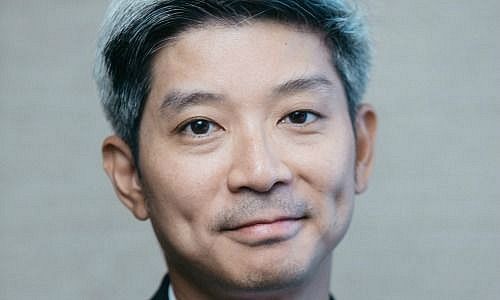The CIO and Head of Discretionary Portfolio Management for Asia Pacific at Deutsche Bank Wealth Management, Tuan Huynh, navigates what he calls the headline hysteria and discusses themes for 2017.
Speaking to finews.asia recently Deutsche Bank Wealth Management's Tuan Huynh was cautiously optimistic about 2017 and laid out some of his thoughts.
Huynh is confident Asia will ride out any unpleasant or hostile trade punishments or embargoes originating from the other side of the Pacific, citing internal consumption and the generally solid foundations of most Asian economies.
He is however concerned that European volatility could be a drag throughout the year with elections in Holland,Germany and France likely to be turbulent affairs. The U.K.'s ongoing fractious Brexit negotiations will also add fuel to the fire.
Low and Slow
He expects global growth to be slightly higher this year than in previous years based on higher contribution from the US and EM. Tuan also says that any interest rate rises will be modest.
A full blown trade war between the U.S. and China is also unlikely in his view, however he thinks China would manage. Intra-Asian trade is also a growing factor that could shield the region against any «Pop Up Protectionism»
Where to Invest
Despite stabilising commodity prices and the continued earnings recovery in selected emerging markets, these markets may be overshadowed by concerns around some of President-elect Trump’s economic policies. Therefore within equities, Huynh prefers the U.S. and Japan over Europe.
Currency movements are another critical consideration for the Deutsche Bank Wealth Management CIO who sees the U.S. dollar trending higher against the euro, reaching parity by the end of 2017, and also expects it to gain ground against the Japanese yen.
Disruption Is A Good Thing
The ongoing disruptive technological advances in the financial, healthcare and infrastructure sectors will see more headway and acceptance across Asia. Huynh recommends capitalising on opportunities in infrastructure, cybersecurity and with the regions ageing populations healthcare providers.


























